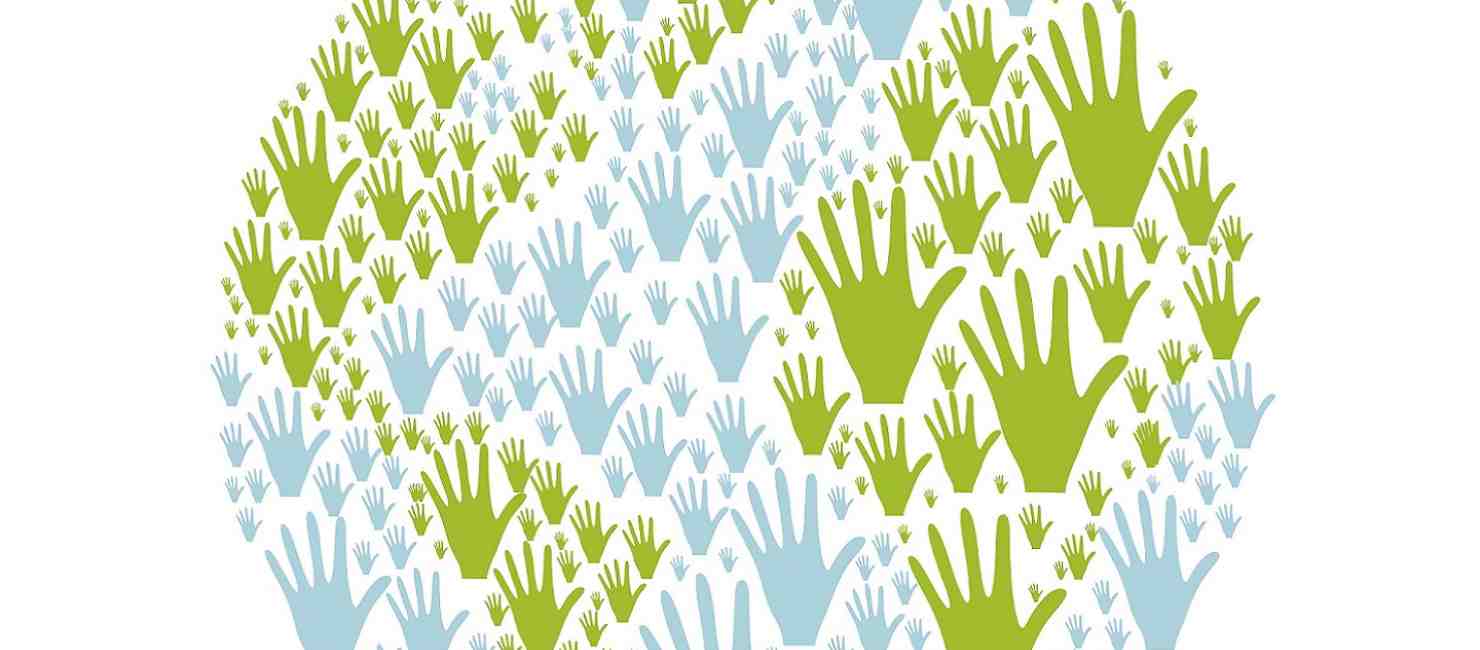Are my children safe in a home where an offender lives?
Dear Stop It Now!,
My mother-in-law is my primary babysitter for my 4 children (ages 2-11, 2 boys, 2 girls). Recently my brother-in-law, who has had 18 months of therapy and treatment for offending, has moved into her home. He works long hours but there are some times when he is home for a quick meal or to quickly change his clothes. Is this a safe set up or should it be no time at all with him? I'm gone all day and my mother-in-law insists she is "watching him like a hawk".

Dear Concerned Parent,
Generally, if a parent has any concerns or even “gut instinct” that their child’s safety may be at risk in a care situation, it’s best to seek out a new situation where you feel most assured that your children are safe. Knowing that this is not always an easy step or process, I would suggest the following steps to help you make a decision about your children’s safety:
Gather Additional Information About His Sexual Offenses
What information do you have about your brother-in-law’s crime? To find out, you can ask him directly or if he is a registered sex offender, you can contact your local criminal court to determine whether the records about that case can be made available to the public. In some states, this information is provided to the public, but the type of information made available varies from place to place.
Talk About Your Concerns
It's important to be able to have a conversation about his history, his treatment and your concerns. Your mother-in-law should be included in this discussion. Having a conversation with him about your concerns and asking him directly what he can tell you about his intentions towards children’s safety may help inform you about his commitment to his treatment and to children’s well-being.
If the adults in the home where your children are being watched are unable or unwilling to talk with you openly and honestly about any safety issues, then your children are not in the safest environment possible.
Levels of Risk for Sex Offenders
Registered sex offenders pose different levels or risk. Finding out information about who he victimized – gender, age, relationship, etc. may help provide information about his risk. Also, you should know that there is a difference in the offenders listed on the registry in this way: some are there for sexual offenses against adults, not children.
A registered offender is less likely to re-offend if he has received sex offender treatment, if he is being supervised through the criminal justice system (has a parole officer), has employment and if he has some type of support system, such as family members. When a registered offender is not able to re-integrate in a safe way into the community they are more likely to take on a life style (being homeless, alone, unemployed) that could increase the risk of re-offending.
So, additional questions to ask are:
- What kind of treatment has he received and is he still in treatment? Would his treatment provider be willing to talk with you about his risk?
- What does his support system look like?
- What is the safety plan he has to prevent re-offending?
- Does he have a parole officer? How often does he report? What are the conditions of his parole?
Identify and Strengthen the Family Safety Plan
Is there a safety plan that you have thought about for your home and wherever your children visit? It’s important that any safety rules and guidelines you have set at home be translated to your mother-in-law’s home. For example, if in your home it has been decided that there is only one person in a bathroom at a time, then this rule should be a rule while they are in care with a relative.
All adults in your children’s lives should be aware of your safety rules. If you feel that there is any risk that your safety rules are ignored, then this provides information for you to make a decision on the safety of that particular environment. Further information on safety planning can be found in Create your family safety plan.
It’s important that you practice healthy and proactive communication and sexuality education in your home so that your children do have information and support. This way, if they feel at all unsafe, they will hopefully know that you are available at all times for them.
Warning Signs of Possible Abuse
Learn the Warning Signs in children at risk for abuse, as well as Behaviors to Watch for When Adults Are With Children and Signs That an Adult May Be At-Risk to Harm a Child in adults who are at-risk to abuse. Make sure that any adults who come into contact with your kids and who are responsible for supervising also know these signs.
Identify your external resources
It may be helpful to seek out professionals experienced with helping offenders reintegrate into the community. A specialist who works with adults with offending behaviors may be able to help you have a conversation with this man, and help you (and other family members) work together to create the safest environment possible. Two organizations in particular that can help you think about what type of planning and help may be best for your family are The Association for the Treatment of Sexual Abusers (ATSA) and Safer Society Foundation.
You do have a difficult decision to make, but with the right support, information and tools, I trust that you will provide the most protective environment possible for your children.
Take care,
Stop It Now!
Feedback:
Please share your feedback on this question
Last edited on: April 17th, 2019

